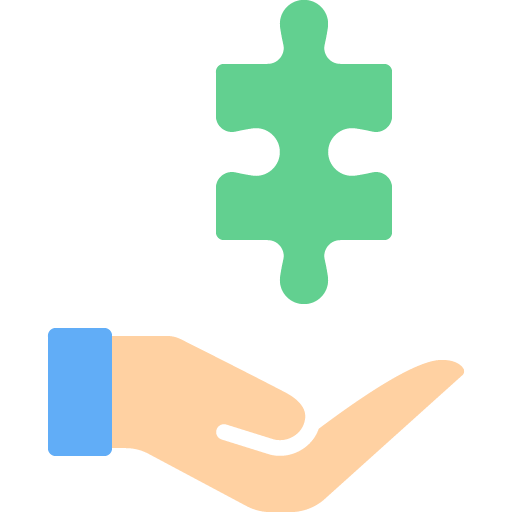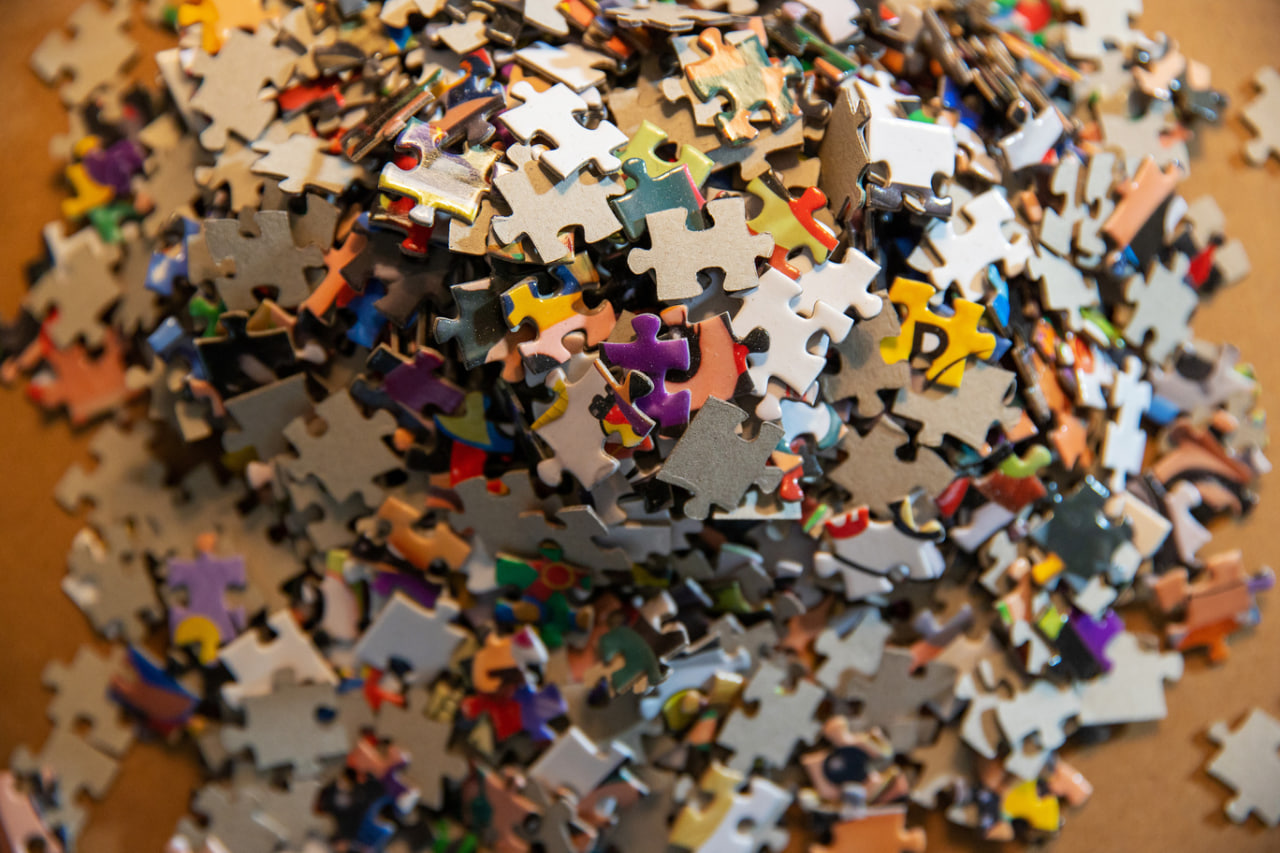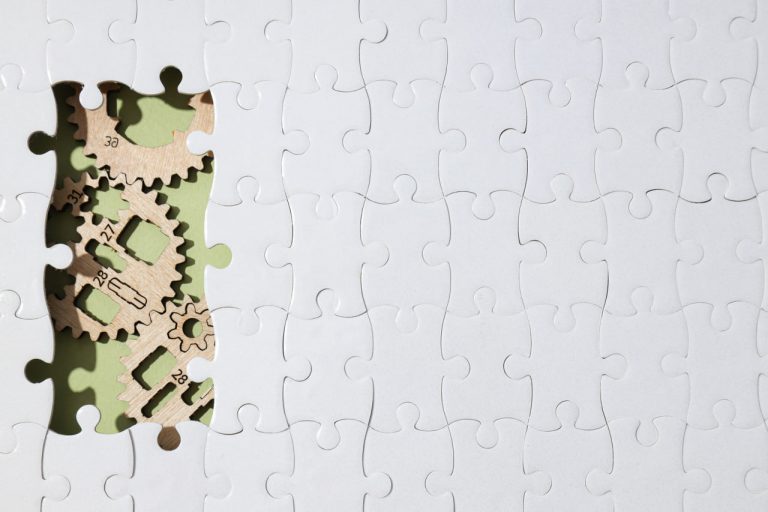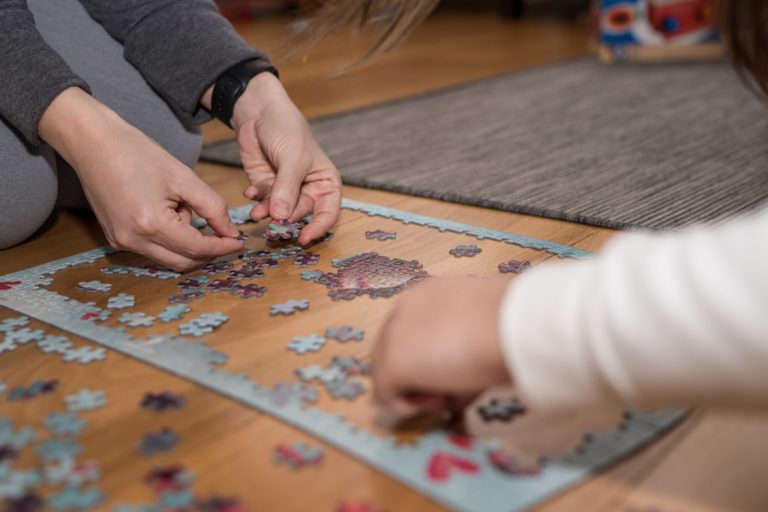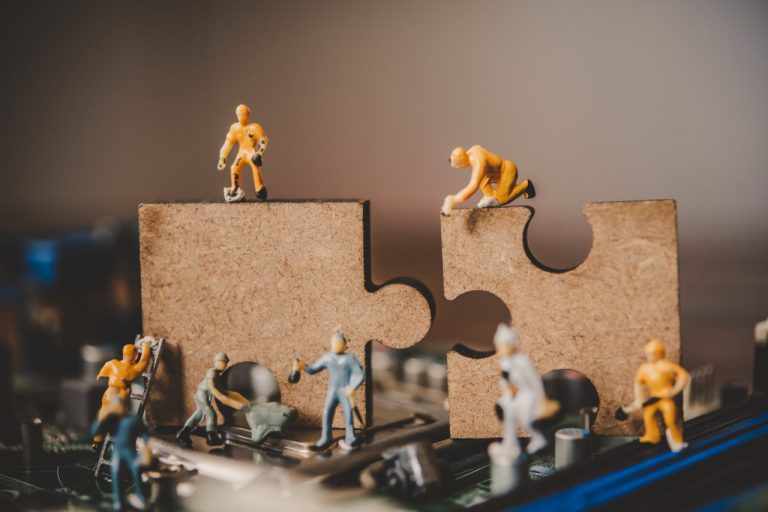The Psychology Behind Why We Love Puzzles
Puzzles have been part of human culture for centuries. From ancient riddles to modern escape rooms, people of all ages are drawn to the challenge of solving problems for fun. But what makes puzzles so compelling? Why do our brains crave the satisfaction of a completed crossword or the thrill of unlocking a difficult logic grid?
In this article, we explore the psychology behind our love for puzzles. From cognitive science to emotional reward, puzzle-solving taps into fundamental human needs and abilities in fascinating ways.
Puzzles Activate the Brain’s Reward System
One of the strongest psychological reasons people enjoy puzzles is the activation of the brain’s reward circuitry. When you solve a puzzle, your brain releases dopamine—the “feel-good” chemical associated with pleasure and motivation. This chemical reward encourages you to keep going, to try another puzzle, and to feel proud of your mental effort.
Unlike passive entertainment, puzzles offer a direct connection between effort and reward. The harder you work for the solution, the better it feels when you get there. This loop of challenge and reward is both addictive and deeply satisfying.
The Joy of Problem-Solving
Humans are natural problem-solvers. From early childhood, we engage with the world by asking questions, making connections, and figuring things out. Puzzles offer a structured way to experience that problem-solving instinct in a safe and fun environment.
When we solve puzzles, we engage in cognitive processes like reasoning, pattern recognition, logical deduction, and memory recall. These mental workouts are enjoyable because they give us a sense of mastery and competence—core psychological needs described by self-determination theory.
The joy of “figuring it out” is powerful. It makes us feel capable, intelligent, and in control—all feelings that are highly rewarding in a world that often feels chaotic.
Puzzles Provide a Sense of Control and Order
In real life, many problems don’t have clear answers. Puzzles, on the other hand, are designed to be solvable. They offer structure, rules, and solutions. This sense of order is comforting. When everything around us feels uncertain, working on a crossword or Sudoku puzzle can create a small, manageable world where logic and effort always lead to success.
This is one reason puzzles became especially popular during stressful times—such as during global events, economic crises, or personal struggles. They give us a break from real-world ambiguity and allow us to focus on something that’s both mentally engaging and emotionally stable.
Puzzles Satisfy Curiosity and Pattern Recognition
Humans are wired to seek patterns. It’s a skill rooted in evolution—our ancestors survived by detecting patterns in weather, behavior, and surroundings. Today, puzzles give us a playground for that same instinct.
Whether it’s spotting the next number in a sequence or unraveling a cryptic clue, solving a puzzle rewards our natural curiosity. We enjoy the “Aha!” moment—the sudden flash of insight when everything clicks into place.
This process activates what psychologists call insight problem-solving: a shift in perception that allows you to see a problem in a new way. That shift is deeply pleasurable and often accompanied by an emotional high.
Puzzles Boost Self-Esteem and Confidence
Finishing a puzzle doesn’t just feel good—it makes you feel good about yourself. Every completed grid, solved clue, or cracked code builds confidence. Over time, puzzle-solving becomes more than a hobby; it becomes a personal achievement.
For many people, especially those who struggle with self-doubt or anxiety, puzzles offer a low-stakes environment where they can succeed through focus, effort, and persistence. This boost in self-esteem can carry over into other areas of life.
It also helps that puzzle-solving is a solo activity that doesn’t require competition. You’re not being judged. You’re just challenging yourself and seeing what you can do.
Social Connection Through Shared Challenges
While many puzzles are solved alone, puzzle culture is often deeply social. Families solve jigsaw puzzles together. Friends form escape room teams. Communities gather around puzzle contests, forums, or online games.
This social aspect adds another layer of psychological satisfaction. Solving puzzles with others builds trust, encourages teamwork, and provides opportunities for shared joy and bonding.
Even when puzzles are done individually, they can still be discussed, compared, and celebrated socially—making puzzle-solving both personal and communal.
Puzzles Help Reduce Stress and Anxiety
Despite being mentally stimulating, puzzles can also be calming. They create a state of focused attention known as flow—a term coined by psychologist Mihaly Csikszentmihalyi. Flow is the feeling of being completely absorbed in an activity, where time seems to disappear and distractions fade away.
Achieving flow through puzzles helps reduce stress, quiet anxious thoughts, and improve mood. It’s similar to meditation in the way it centers attention and promotes a sense of peace.
Because puzzles provide clear goals and immediate feedback, they’re ideal for reaching that state of flow—even for people who don’t typically consider themselves “mindful” or meditative.
Puzzles Offer Lifelong Mental Benefits
Finally, puzzles are not just a momentary joy—they support long-term brain health. Studies have shown that regular puzzle-solving can improve memory, delay cognitive decline, and support neuroplasticity.
People who engage in mentally stimulating activities are less likely to develop certain age-related conditions. That’s why puzzles are often recommended for older adults as a way to keep the brain active and sharp.
But these benefits start at any age. Whether you’re a teenager solving riddles or an adult tackling crosswords, puzzles keep your brain flexible, alert, and challenged.
